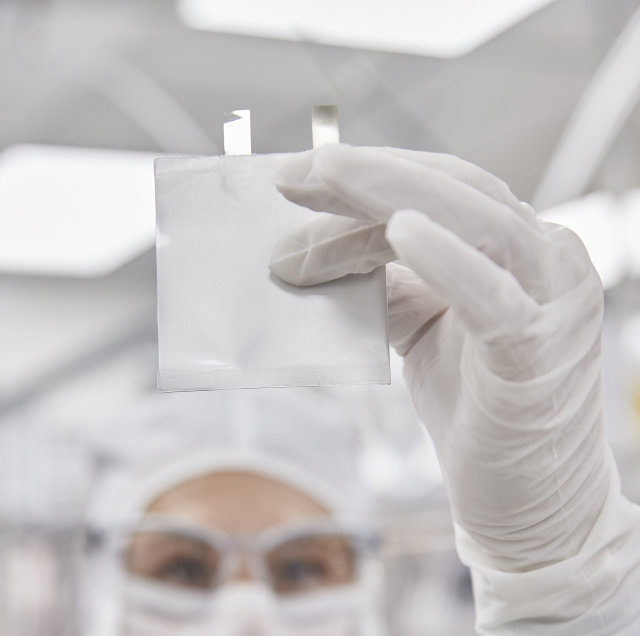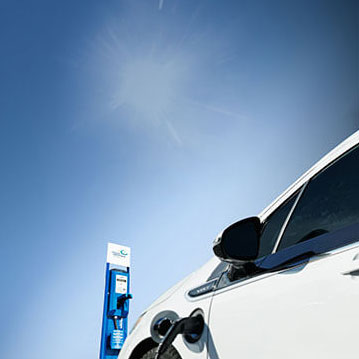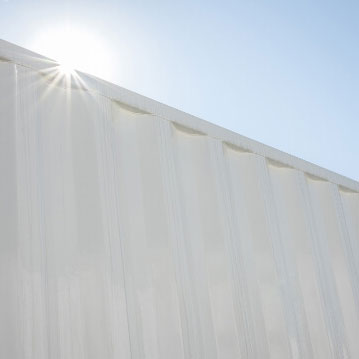Hydro‑Québec’s Center of Excellence in Transportation Electrification and Energy Storage is a world-class innovation hub in the field of battery materials for electric vehicles and other energy storage applications, both stationary and mobile.
Hydro‑Québec’s Center of Excellence in Transportation Electrification and Energy Storage

Battery Research Symposium – Back in 2025
Presented by Hydro-Québec’s Center of Excellence in Transportation Electrification and Energy Storage
The Battery Research Symposium proposes a series of lectures designed to strengthen the scientific network and foster collaboration in order to accelerate research and support the discovery of new next-generation battery materials.
Details to come.

Solid-electrolyte batteries
We are at the leading edge of solid-electrolyte battery development worldwide.
Our research has lead to patented solutions that will be used to build a battery that is safer, more efficient, more durable, and both easier and less costly to build and to recycle.
The Center’s efforts are focused on advanced lithium‑ion batteries and solid‑state batteries. Its know‑how, impressive intellectual property portfolio and leading‑edge facilities draw interest from around the world and make it an essential partner for major industry players involved in the development of tomorrow’s battery materials and technologies.
Video: Battery manufacturing process
- 40+ years of innovation
- 100+ patent families
- 60+ licences granted
- 250+ scientific publications
Transportation electrification
The electric and plug-in hybrid vehicle market will really take off when high-performance batteries that are both affordable and safe become widely available. That’s why the Center of Excellence devotes considerable effort to developing efficient, cost-effective technologies that will increase the capacity of tomorrow’s batteries without compromising their safety.
Our technologies combine performance, vehicle range and safety

Our goal is to develop safe battery technology that significantly extends the range of electric vehicles.
Energy storage
In today’s connected world with its ever-growing energy needs, batteries are becoming more and more essential in everything from smartphones to power grids of all sizes.
Working with our power system experts, the Center’s battery materials R&D team has developed some of the world’s most advanced technologies to meet both small- and large‑scale energy storage needs.
Small- and large‑scale energy storage solutions


The Center of Excellence is working on a broad range of energy storage applications: not only large-scale ones, like firming intermittent renewables on power grids, but also small-scale ones like smartphone batteries.

